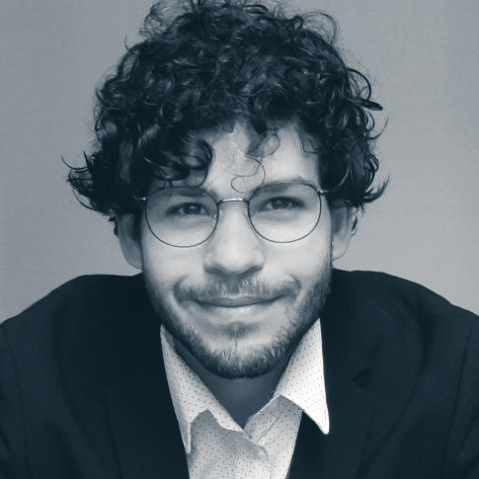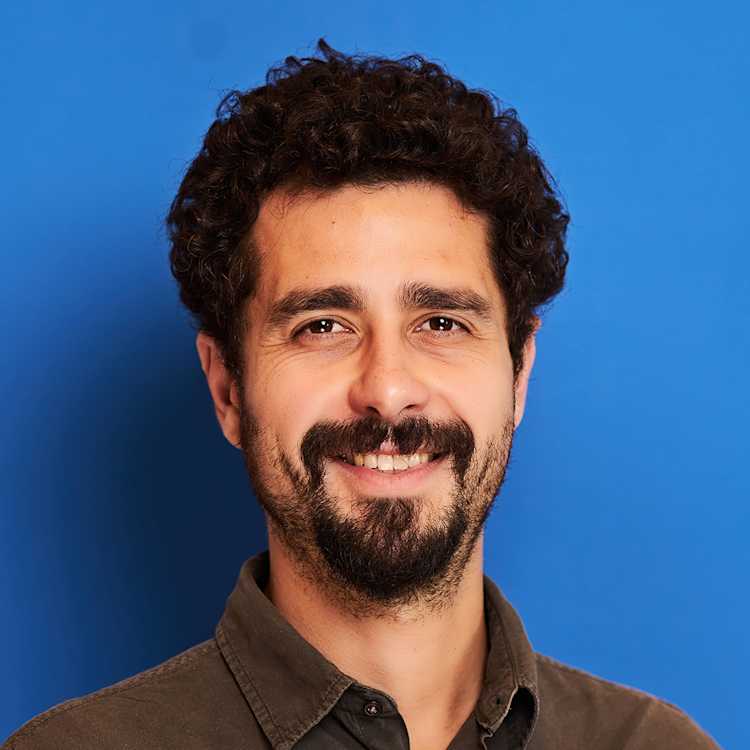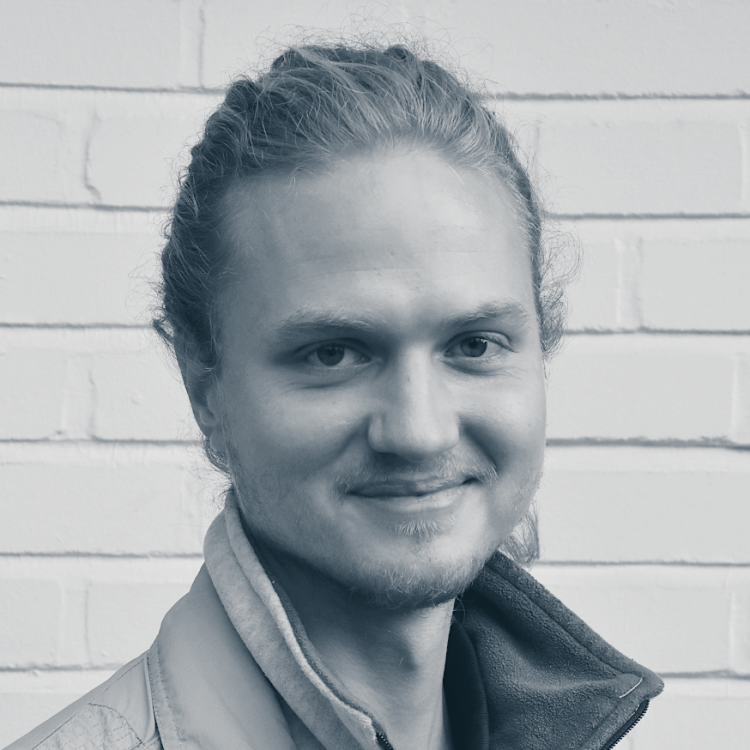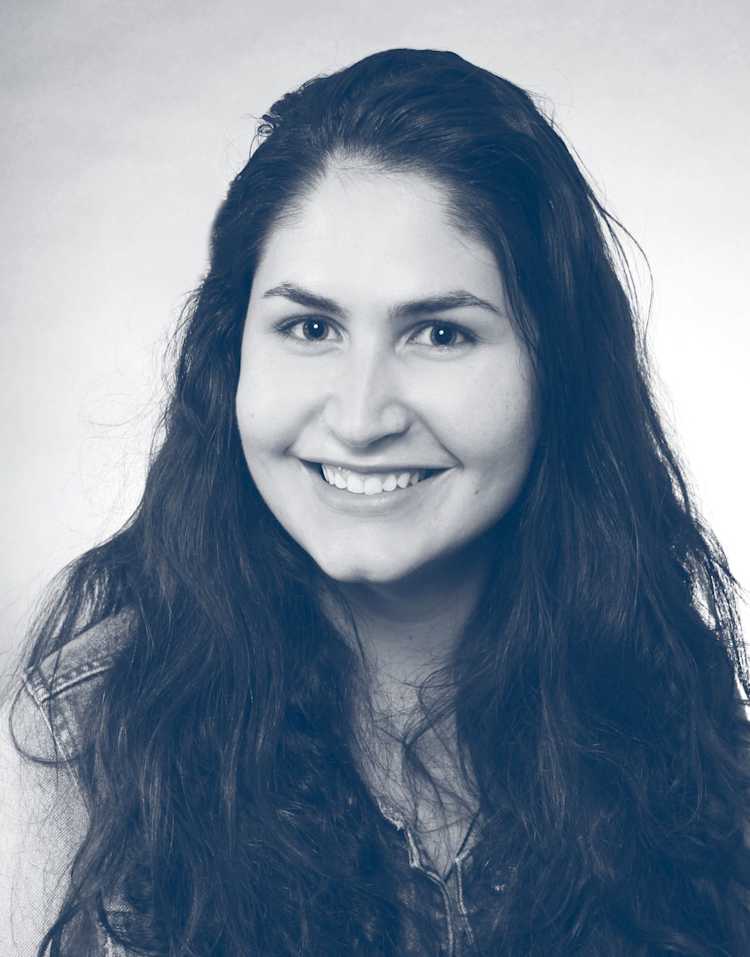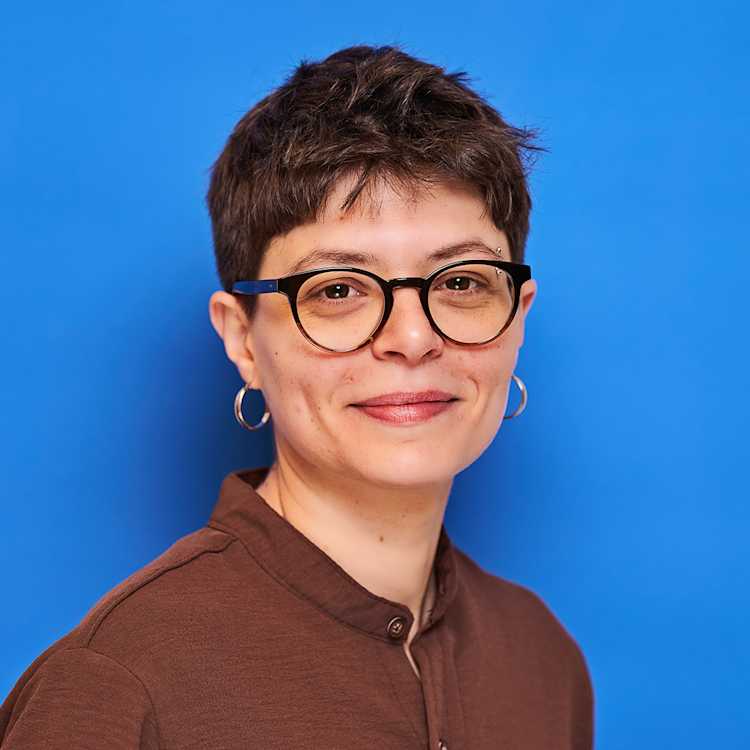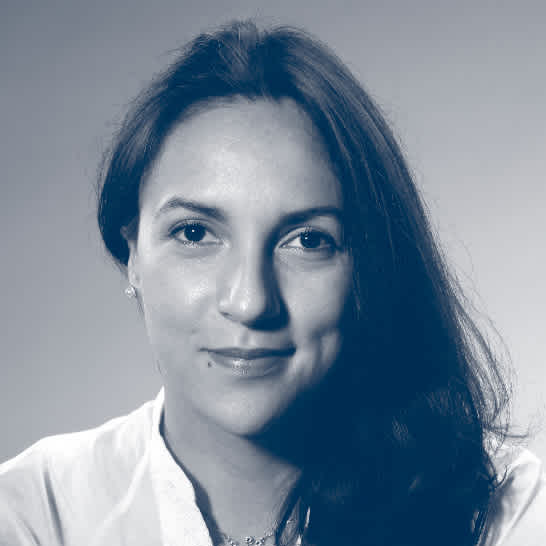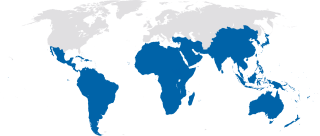
GIGA Institute for Latin American Studies
The GIGA Institute for Latin American Studies conducts research on political and economic developments in South and Central America and the Caribbean. Core topics include the quality of political institutions and participation, challenges posed by conflicts and crime, and regional integration.
News and Highlights

GIGA Journal Family
The GIGA Journal Family is presided over by Sage, maintaining the “platinum standard” of the Open Access model. Contributions by leading researchers from all over the world feature in our four journals. To ensure their quality, all submissions are evaluated in a double-blind peer-review process.
GIGA Journal FamilyResearch Projects
All GIGA Projects
Research Platform Latin America
Exchange and cooperation with scholars from around the world is a decades-long tradition at the GIGA. Since 2015 we have been intensifying and consolidating this cooperation with the help of the GIGA research platforms.
Consolidating and expanding its collaborative work with leading universities and research institutes in Brazil and beyond is a primary objective of GIGA Research Platform in Latin America.
Research PlatformsPresident (ad interim)
Prof. Dr. Sabine Kurtenbach is President (ad interim) of the GIGA.
Regional Institutes
Notification
Sign up to receive email notifications about GIGA activities
Social Media
Follow us





